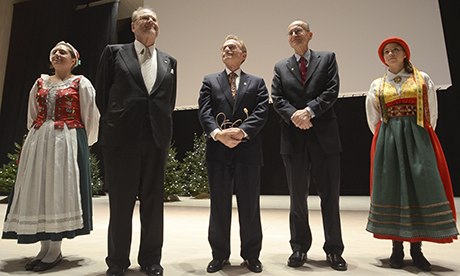Permaculture revisited

Here we have a good example of how a noble proposal and related information may be undermined to pose no threat to the system. While wondering around the web for practical information about permaculture, one good source is The Permaculture Institute. As an example (there is nothing in particular that is wrong with the PI but it is representative) of how an idea can be sterilized and be assimilated within the dominant system of capitalism. Permaculture as a proposal of how land can be utilized in a sustainable way and not as a temporary area of exploitation till it is depleted and abandoned is something that few good willing souls may have anything against. But in itself does not contain automatically a viable way for people to escape the domination of the economic and political system we all (almost all, or almost all who are not struggling to escape it) live under. Some would say it does not need to, and may be a good step for people who will engage in such living to take the next step towards liberation. This is what is troubling us and we can not see clearly. Does permaculture have a hidden radical agenda? Who is the keeper of this hidden agenda and who are the innocent victims who will engage in such a practice





